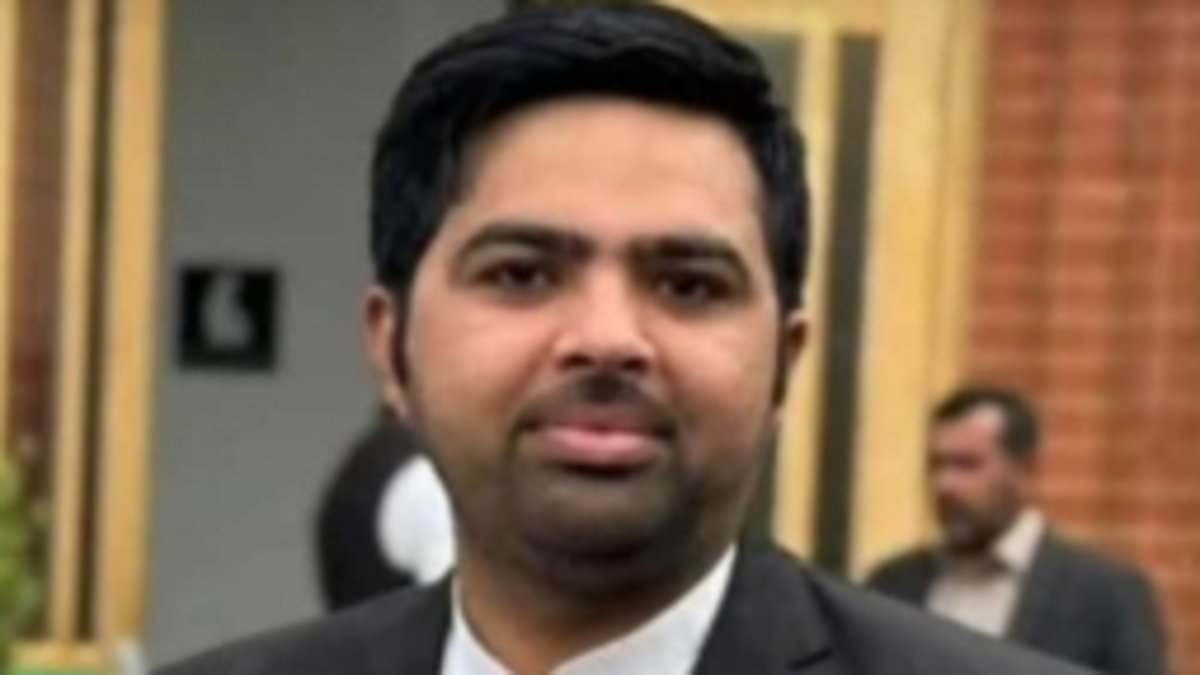By Sean Johnson
Copyright crikey

It was a big day for transparency. One September afternoon in 1983, then Labor prime minister Bob Hawke rose to the dispatch box in parliament to place on the public record his private interests and those of his ministers, along with the interests of their spouses and dependent children.
He then announced that the government would seek to introduce similar requirements for MPs and senators and their immediate families. Hawke said the reforms were needed for the public to have confidence in the integrity of their elected representatives, and in the belief that politicians’ private interests were not conflicting with their public duties.
The next year, the House of Representatives introduced the Register of Members’ Interests, and a decade later, the Senate brought in a Register of Senators’ Interests. Since then, all federal politicians have been required after every election to declare any interests they and their families have that could pose, or be seen to pose, a conflict of interest. (However, senators’ family declarations to the register are not publicly accessible.)
Why interest disclosures matter
The disclosure register, when operating as intended, helps the public identify potential conflicts of interests, such as politicians who own shares in coal companies while voting against action on climate change, or those with investment properties who oppose reducing capital gains tax concessions and negative gearing reforms.
Interest disclosures can also produce red flags of corruption — a minister’s partner investing in a company shortly before it’s awarded a government contract, for example, or buying land before it skyrockets in value due to a government infrastructure decision. (This is why Crikey and Open Politics are tracking what shares politicians own, as well as their property portfolios.)
Declarations need to be made across 14 interest categories, with the most important being shareholdings, real estate, trusts, gifts, directorships, memberships, and sponsored travel and hospitality. If a politician’s interests change during the parliamentary term, they need to declare them within 28 days if they’re an MP or 35 days if a senator.
Should a politician knowingly provide false or misleading information to the registers, or knowingly fail to declare their interests on time, they can be found guilty under the House or Senate rules of serious contempt and dealt with accordingly by the respective privileges committees.
A broken system
Such a disclosure system only works if politicians fully declare their interests. Alas, many don’t.
Politicians are on safe ground not declaring all their interests, or being tardy in declaring them, because of how the registers’ rules are written and enforced. Someone can only be found guilty of serious contempt if it can be proven that they knowingly provided a false or misleading declaration or deliberately didn’t declare their interests on time.
Proving intent is a high hurdle to meet, which is why many rules in society carry strict liability. For example, if the police catch you speeding or not wearing a seat belt, they don’t need to prove you intended to break road rules to hit you with a fine.
Another loophole is that politicians only need to declare family interests they’re aware of. Granted, they may not know about every membership and investment their partners and children have, but there’s a good chance they are aware of any property their families own.
One politician who seems to take a casual attitude to his disclosure obligations is Bob Katter, the member for Kennedy from Northern Queensland. In the last parliament, Katter didn’t declare his wife’s four properties, mortgage, shareholding and directorship. And in this parliament, he didn’t declare his interests within the required 28 days of the first sitting.
The table below shows he’s not alone.
Last time we checked, Katter’s wife, Susie, was the sole owner of a property in his hometown of Charters Towers. But he didn’t declare the property in his interests statement, noting, “My wife has at times bought and sold some investment properties. She regards this as her private business.”
The registers also suffer from a lack of effective enforcement, as the House and Senate privileges committees can’t initiate investigations into politicians for potential breaches unless they receive a referral from a politician or the chamber as a whole. Referrals almost never occur. While Labor and the Coalition are practised in the dark arts of opposition research into each other’s interests, they tend to shy away from seeking formal investigations to avoid a tit for tat.
The only politician in living memory to have been referred was former attorney general Christian Porter, over his failure to disclose his blind trust to the members’ register. Incredibly, the House privileges committee found Porter had not broken any rules, concluding MPs could decide for themselves whether an interest needed to be declared.
What needs to change
The past 30 to 40 years have demonstrated that federal politicians are simply incapable of policing themselves. That’s why Open Politics argues an independent parliamentary body is needed with the power to initiate investigations, make public findings, and impose fines and suspensions from parliament in repeat or serious cases.
We also believe the registers should require much greater levels of disclosure, such as details of share trades and senators’ family interests, and advocate a ban on influence peddlers providing politicians with valuable gifts, junkets and hospitality.
The chance of any of these reforms coming to pass is close to zero in the current parliament.
The only MP with religion on any of this is independent MP Helen Haines, who in 2020 introduced a parliamentary standards bill to make register compliance part of a parliamentary code of conduct and to enable fines and suspensions for code breaches. The code would’ve also prevented politicians from accepting gifts, hospitality and other benefits that create conflicts of interest, or that could be seen as an attempt to influence their public duties.
Sadly, like almost all private members’ bills, Haine’s went nowhere. It was not supported by the government of the day, and it’s hard to see the Albanese government being any more supportive. The only hope for reform is a hung parliament, which is likely years away.



